How AI is Improving the SEM Industry 2023
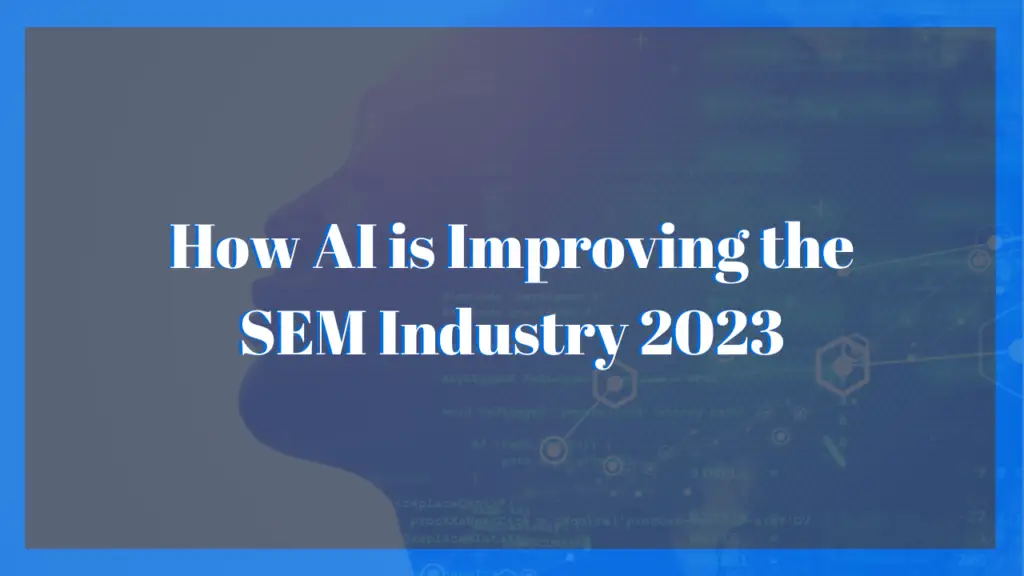
The search engine marketing industry has come a long way since the early days of the internet
Search marketing or SEM is the process of promoting your website, products, or services through search engines, like Google or Bing, to appear at the top of search results when people search for keywords related to your business.
There are two main components to search marketing: search engine optimization (SEO) and pay-per-click advertising (PPC). SEO involves optimizing your website so that it’s more easily discoverable by search engines, while PPC involves placing ads on search engine results pages and paying each time someone clicks on one of your ads. An example is, if you run a Pizza restaurant and someone searches for “best pizza in town”, you would want your restaurant’s website to appear as one of the top results, right? That’s what search engine marketing is all about.
Evolving from simple keyword research to complex ad targeting and bid management, the field of search engine marketing has evolved to meet the changing needs of consumers and businesses alike. And now, with the rise of artificial intelligence (AI) and conversational chat technology, the industry is undergoing yet another transformation.
In this blog post, we will explore 7 various ways in which AI is revolutionizing search engine marketing and transforming the industry as a whole.
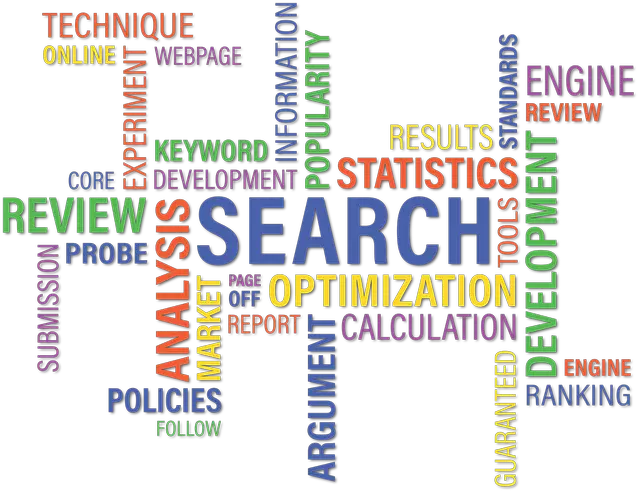
The Impact of AI on Keyword Research for Search Engine Marketing
One of the biggest challenges in search engine marketing has always been the identification of the right keywords to target. Picture this: you’re trying to find information on a particular topic, so you go to a search engine and type in a few words related to what you’re looking for. For example, you might search for “best Tattoo parlor in town”. These words that you type into the search engine are called keywords.
In other words, by doing keyword research, you can make sure that your website is search engine optimized for the right keywords, and therefore more likely to show up at the top of search results when people are looking for what you have to offer. This can help you get more traffic to your site and, ultimately, more customers!
Keyword Research involves not only finding keywords that are relevant to the business but also ones that have a high search volume and low competition. In the past, this was a time-consuming and manual process that relied on guesswork and intuition. But with the advent of AI, this process has become much more efficient and effective.
AI-powered keyword research tools use machine learning algorithms to analyze vast amounts of data and identify keywords that are relevant, high-performing and have the potential to drive traffic and conversions. These tools can also help businesses identify new opportunities and untapped markets, allowing them to stay ahead of the competition.
These AI-powered tools can process and analyze massive amounts of data in real time, taking into account factors such as search volume, competition, and even the intent behind the search, to provide businesses with a comprehensive understanding of the keywords they should target.
One of the key benefits of AI-powered keyword research is its ability to identify long-tail keywords. These are keywords that are more specific and less frequently searched, but they often have lower competition and higher conversion rates. AI-powered keyword research tools can identify these keywords and provide businesses with a valuable opportunity to reach a highly targeted audience.
Another important aspect of keyword research is the identification of negative keywords. These are keywords that you do not want your ads to appear for. For example, if you are a law firm specializing in personal injury cases, you may not want your ads to appear for searches related to “personal injury settlement” or “personal injury compensation”, as these may not be relevant to your business. AI-powered keyword research tools can identify these negative keywords, helping businesses to avoid wasting ad spend on irrelevant searches.
In addition to identifying keywords, AI-powered keyword research tools can also provide valuable insights into the competition for those keywords. This includes information about the top-performing ads and websites for those keywords, as well as the keywords that your competitors are targeting. This information can be used to inform your keyword strategy and ensure that you are staying ahead of the competition.

Ad Targeting and Bid Management with AI
Once the right keywords have been identified, the next step is to target them effectively through advertising. AI-powered ad targeting tools can analyze vast amounts of data to identify the most effective targeting criteria, such as demographics, interests, and behaviors. This involves creating ads, selecting the right targeting criteria, and setting bids that will maximize the chances of the ad being seen and clicked on by the right people in real-time, ensuring that the budget is being spent effectively… With AI, this process has become much more sophisticated and effective.
Ad targeting and bid management are critical components of a successful search engine marketing campaign, and AI is transforming the way they are approached. With AI-powered tools, businesses can take their ad targeting and bid management to the next level.
One of the key benefits of AI-powered ad targeting is the ability of the AI to analyze data on a user’s browsing history, interests, and demographics to determine the best audience to target with a specific ad. This level of detail and accuracy was previously impossible to achieve with manual targeting methods, but with AI, businesses can now target their ads with a level of precision that was previously unachievable.
In addition to identifying the most effective targeting criteria, AI-powered ad targeting tools can also optimize bids in real time. This means that the bids are constantly being adjusted based on the performance of the ad and the competition for the keywords being targeted. With AI, businesses can be sure that they are spending their budget effectively and that their ads are being seen by the right people at the right time.
AI-powered ad targeting and bid management tools can also help businesses to avoid common pitfalls, such as over-bidding or under-bidding on certain keywords. With AI, businesses can ensure that their bids are optimized to achieve the best possible results, while also avoiding the risk of overspending.
The impact of AI on ad targeting and bid management is huge. With AI-powered tools, businesses can take their search marketing campaigns to the next level, targeting the right people with the right ads at the right time, and optimizing their bids for maximum efficiency and effectiveness. By leveraging the power of AI, businesses can achieve better results from their search marketing campaigns and maximize their ROI.

Chatbots in Search Marketing: Improving Customer Service and Lead Generation
Chatbots have become an increasingly popular way to provide customer service and support online. They can answer common questions, help customers navigate websites, and even complete purchases. But they are also proving to be a valuable tool in search marketing.
AI-powered chatbots like Intercom or Watson Assistant can be integrated into search marketing campaigns to improve customer service, lead generation, and conversions. They can engage with customers in real time, answer questions, provide recommendations, and even complete purchases. This not only improves the customer experience, but it can also help to increase conversions and drive sales.
Chatbots are rapidly becoming an essential component of search marketing campaigns and for good reason. AI-powered chatbots offer numerous benefits for businesses looking to improve customer service, lead generation, and conversions. In this section, we’ll take a closer look at how chatbots are transforming the search marketing landscape.
Integrating chatbots into search marketing campaigns is easy, and they can be programmed to perform a variety of tasks. For example, chatbots can be used to answer common questions, help customers navigate websites, and even complete purchases. By providing quick and convenient access to information, chatbots can improve the customer experience and increase engagement with your brand.
Chatbots are also proving to be valuable tools in lead generation. They can be programmed to ask questions and gather information from customers, which can then be used to generate leads and drive sales. With AI-powered chatbots, businesses can engage with customers in real time, answer questions, provide recommendations, and even complete purchases. This not only improves the customer experience, but it can also help to increase conversions and drive sales.
Chatbots can also provide valuable data and insights when integrated into search marketing campaigns. For example, chatbots can track customer interactions and provide information on what customers are looking for, what questions they are asking, and what products or services they are interested in. This information can then be used to refine and optimize search marketing campaigns, increasing their effectiveness and return on investment.
In summary, Chatbots are a powerful tool for businesses looking to improve customer service, lead generation, and conversions in their search marketing campaigns. With AI-powered chatbots, businesses can engage with customers in real time, answer questions, provide recommendations, and even complete purchases. By leveraging the power of chatbots, businesses can achieve better results from their search marketing campaigns and maximize their ROI.

Ranking in Search Engines: The Changing Landscape of Search Engine Optimization
This shift towards AI-powered SEO is changing the way businesses approach search engine optimization. In the past, the focus was largely on optimizing individual pages and keywords. But with AI, businesses can now take a much more holistic approach, analyzing their entire websites and identifying the factors that contribute to higher rankings. This includes everything from the site’s structure to the content’s quality and user experience.
AI-powered SEO tools can also provide real-time insights into how search engines are ranking websites and which factors are having the biggest impact. This allows businesses to make informed decisions about their SEO strategies and make changes in real-time to improve their rankings.
Another important aspect of AI in SEO is its ability to analyze the competition and identify gaps in the market. By analyzing the ranking factors of competitors and comparing them to their own, businesses can identify areas where they can improve and gain a competitive advantage.
In conclusion, the rise of AI is revolutionizing the landscape of SEO and changing the way businesses approach search engine optimization. By leveraging AI-powered tools, businesses can improve their rankings, drive more traffic and conversions, and stay ahead of the competition.
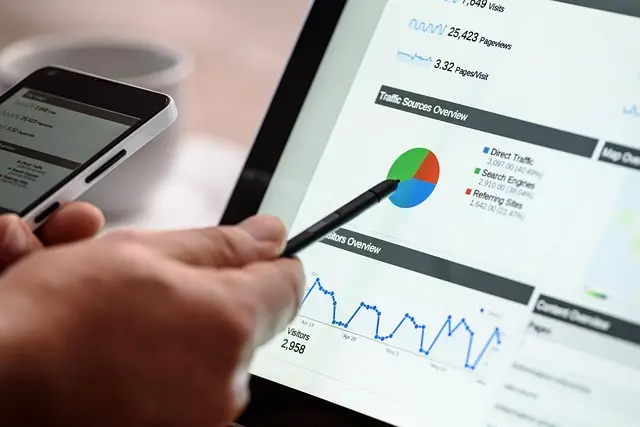
Tracking and Analyzing Search Marketing Campaigns with AI
Tracking and analyzing the results of search marketing campaigns is essential for measuring success and making informed decisions about future campaigns. With AI, this process has become much more efficient and effective.
AI-powered tracking and analysis tools can analyze vast amounts of data in real time, providing insights into how campaigns are performing and where improvements can be made. This can help businesses to optimize their campaigns, improve their ROI, and stay ahead of the competition.
Tracking and analyzing the results of search marketing campaigns is a critical step in measuring success and making informed decisions about future campaigns. The ability to track and analyze the performance of your campaigns is essential for improving your return on investment (ROI) and staying ahead of the competition. However, with the increasing amount of data generated by search marketing campaigns, manual tracking, and analysis can be time-consuming and challenging.
This is where AI comes in. AI-powered tracking and analysis tools can analyze vast amounts of data in real time, providing deep insights into how your campaigns are performing. These tools can identify patterns, trends, and opportunities that may not be immediately apparent from the manual analysis. With this information, you can make informed decisions about how to optimize your campaigns and improve your ROI.
For example, AI-powered tracking and analysis tools can provide insights into the keywords that are driving the most traffic, which ad groups are performing the best, and which targeting criteria are most effective. This information can then be used to refine your campaigns, increasing their performance and ROI.
Another important aspect of tracking and analysis is conversion tracking. AI-powered tools can track the number of conversions generated by your campaigns and the cost per conversion. This information can be used to determine the effectiveness of your campaigns and identify areas for improvement. For example, if your cost per conversion is high, you may need to adjust your bids or targeting criteria to improve your ROI.
Tracking and analyzing the results of search marketing campaigns is essential for measuring success and making informed decisions about future campaigns. With AI, this process has become much more efficient and effective. AI-powered tracking and analysis tools can analyze vast amounts of data in real time, providing insights into how campaigns are performing and where improvements can be made. By leveraging the power of AI, businesses can optimize their campaigns, improve their ROI, and stay ahead of the competition.
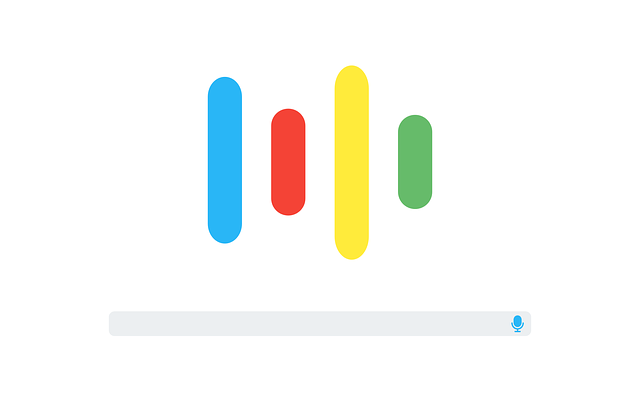
The Rise of Voice Search: How AI is Changing the Search Engine Marketing Game
Voice search is a rapidly growing trend, with many consumers now using voice-activated devices like Amazon Alexa and Google Home to search for information and products online. This represents a significant shift in the way people search and interact with the internet, and it presents new opportunities and challenges for businesses.
AI is playing a crucial role in the rise of voice search, powering natural language processing (NLP) algorithms that enable voice assistants to understand and respond to complex queries. This is making it possible for businesses to optimize their websites and search marketing campaigns for voice search, improving their visibility and reach in this growing market.
By leveraging AI, businesses can analyze the way people use voice search and the type of questions they ask. This can help them to identify new keywords and phrases to target, and to create content that is optimized for voice search. This is important because voice search results are often different from traditional text-based search results, and they are often based on conversational language and questions.
AI can also help businesses to rank better in voice search results, by providing more accurate and relevant information to voice assistants. For example, AI can help businesses to create voice-optimized content that answers common questions and provides relevant information, such as product descriptions, pricing, and availability. Additionally, AI can help businesses to optimize their website’s structure and navigation, making it easier for voice assistants to find and understand the information they need.
AI can help businesses to track and measure the impact of their voice search optimization efforts, providing insights into which strategies are working and which areas need improvement. This can help businesses to continually improve their voice search performance, stay ahead of the competition, and better meet the needs of voice search users.
Overall, AI is transforming the way businesses approach voice search and helping them to take full advantage of this growing trend. By leveraging AI-powered tools and techniques, businesses can stay ahead of the curve, reach new audiences, and ultimately improve their bottom line.
In conclusion, the rise of AI is revolutionizing search engine marketing, transforming the industry in previously impossible ways. From keyword research and ad targeting to customer service and tracking and analysis, AI is making it possible for businesses to achieve greater efficiency and effectiveness in their search marketing campaigns. And as AI continues to evolve, we can expect to see even more exciting developments and advancements in the search marketing industry.

The Future of Paid Search: Maximizing ROI with AI
Paid search, Pay Per Click involves placing ads on search engine results pages and paying each time someone clicks on one of your advertisements has been a staple of the search marketing industry for many years, providing businesses with a way to reach targeted audiences and drive traffic and conversions. But with the rise of AI, the future of paid search is looking very different.
AI is making it possible to optimize paid search campaigns in real-time, maximizing ROI by adjusting bids, targeting criteria, and ad copy based on real-time data and performance analysis. This is allowing businesses to achieve greater efficiency and effectiveness in their paid search campaigns, driving more traffic, leads, and sales with the same budget.
Moreover, AI-powered tools can analyze vast amounts of data to provide insights into consumer behavior and market trends, allowing businesses to make informed decisions about their paid search strategies and stay ahead of the competition. They can also automate repetitive and time-consuming tasks, such as bid management and keyword research, freeing up time for marketers to focus on other areas of their campaigns.
In Conclusion.
The rise of AI is revolutionizing search marketing, transforming the industry in previously impossible ways. From keyword research and ad targeting to customer service and tracking and analysis, AI is making it possible for businesses to achieve greater efficiency and effectiveness in their search marketing campaigns. And as AI continues to evolve, we can expect to see even more exciting developments and advancements in the search marketing industry.
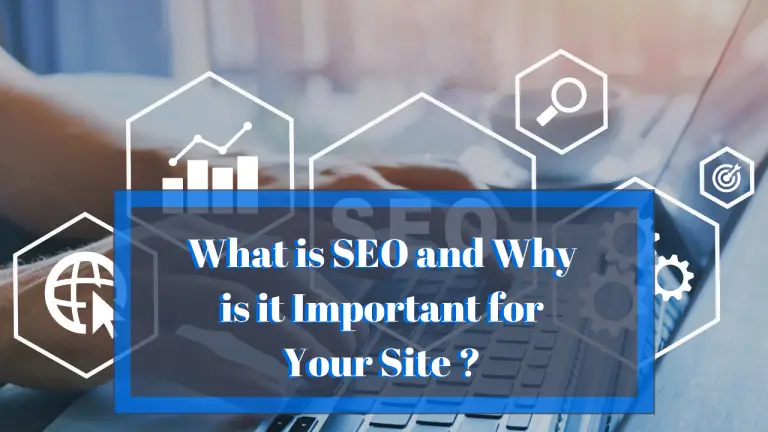
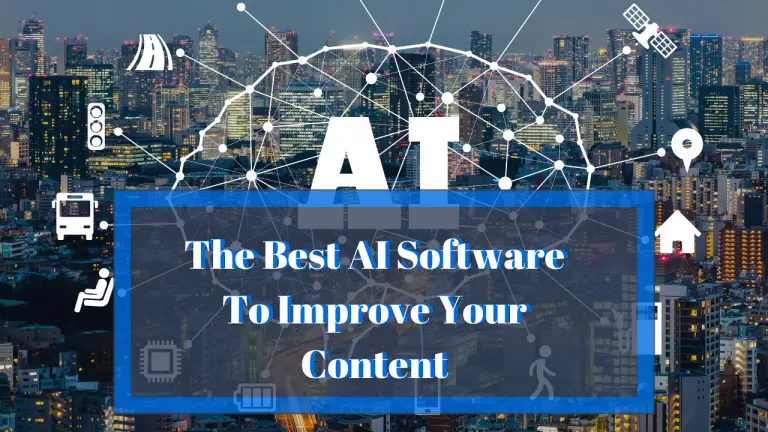
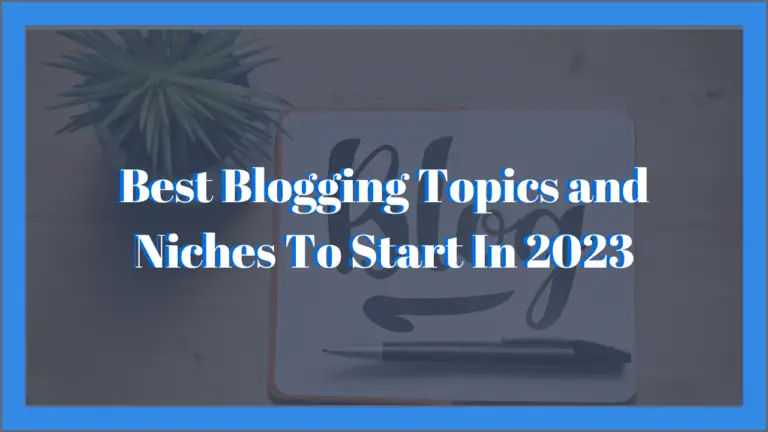
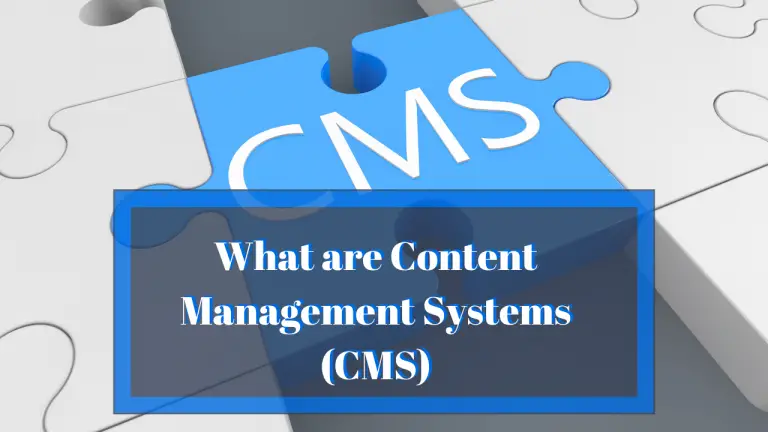


One Comment
Comments are closed.